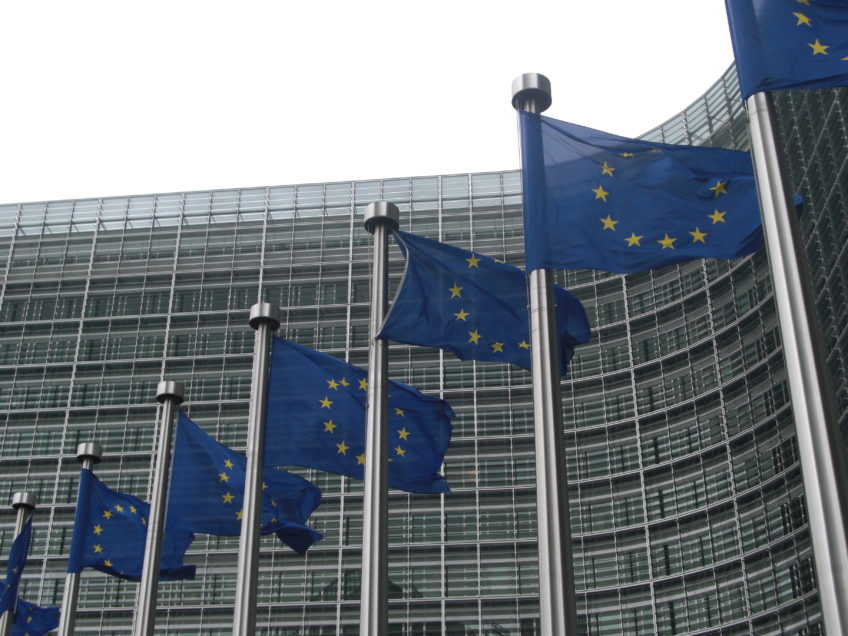The European Vision of Competition versus the American Vision of Competition in the Technology Space
Europe’s Antitrust Focus is All About Bringing U.S.-Based Companies Down to the Level Of European-Based Companies
The European Commission recently filed antitrust charges against Google. These charges illustrate the completely different approaches to technology, innovation and “competition policy” employed in Europe and the United States. They are amongst the reasons that U.S.-based technology companies have 79 percent of the market cap versus four percent for European-based technology companies.
Rather than embrace new and emerging technologies, and rather than adapting their regulatory climate to allow true competition to emerge from Europe, European regulators have chosen to “level the playing field” for European companies. That is to say, rather than embracing the true spirit of competitiveness found in Silicon Valley, European regulators are trying to cut United States’ companies down.
Google is among the companies regulators are targeting to cull the herd. The antitrust charges leveled against Google and its Android smartphone operating system include:
- Requiring manufacturers to pre-install Google Search and Google’s Chrome browser and requiring them to set Google Search as the default search service.
- Preventing manufacturers from selling smartphones running on competing operating systems based on the Android open source code.
- Giving financial incentives to manufacturers and mobile network operators on condition that they exclusively pre-install Google Search on their devices.
Americans are simply not going to understand the charges. Consumers can simply deal with many of these alleged “violations” on their own, without involving either the government or Google. Why complain when the problem is simply, and easily, remedied?
One of the great selling points for the Android-based smartphone is its completely customizable nature. Users can choose to install certain apps, set apps as default for certain functions, and, overall, make the phone their own. A simple search reveals numerous websites offering advice on how to customize the phones.
If one examines the charges individually, and compares the charges to how Americans would respond to the alleged problems, the two different approaches become clear.
The first European Commission charge alleges that Android phones have Google Search and Chrome as their default services. It is true that a number of Android phones have Chrome preloaded on the phone. But who would actually use Chrome as the default browser? The experts generally agree that there are better mobile browsers, including Firefox, Dolphin, and Opera.
A user need only access the Play Store, download an alternative browser of choice, install it, and set it as the default. In so doing, the perceived problem is remedied.
The Commission’s second charge is that Google prevents manufacturers from selling smartphones running on competing operating systems based on the Android open source code. There are plenty of other operating systems in the market not running the Android operating system. Beyond Apple, some of these alternative systems include the Blackberry, Sailfish, or Windows phones.
Finally, the Commission charged that Google gives financial incentives to exclusively pre-install Google Search on devices. Does this mean that the European Commission has a problem with Google trying to make its smartphones more affordable, and hence more accessible, by underwriting some of the cost?
The fully customizable nature of Android smartphones needs to be reemphasized. If users do not wish to use the preinstalled Google search features, they do not have to use those features. Depending on whether users prefer privacy or efficiency, they can download alternative search features, such as DuckDuckGo or Opera, and set that search feature as default on their Android phones.
Competition in the technology space is best left in the hands of innovators and the free market. Regulators should not focus, as they do in Europe, on bringing companies all down to the same level, but rather create an environment where any private-sector efforts can rise to the top. Such a regulatory focus stifles innovation, drives costs up for the consumers, and ignores the competitive options that do exist. Hardworking taxpayers in the United States and Europe deserve better.

